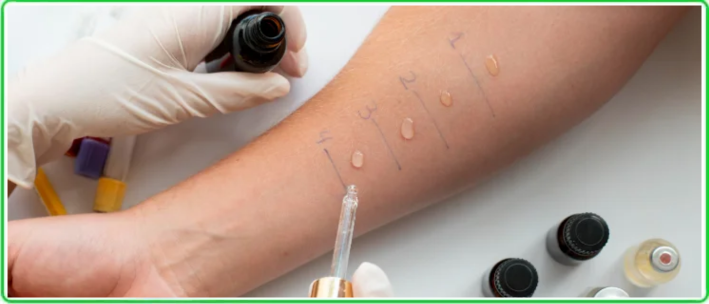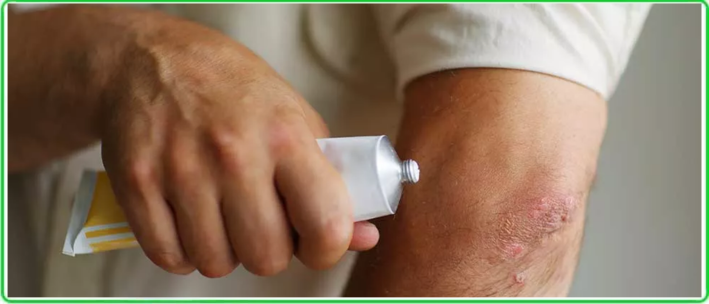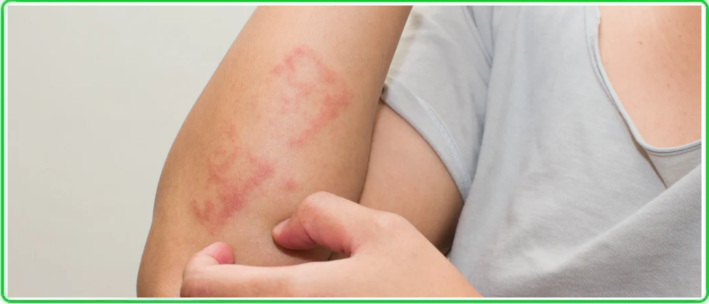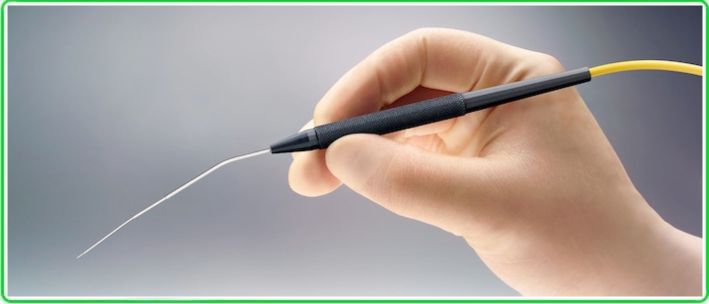TINNITUS: CAUSES, DIAGNOSIS, AND THERAPY

Many people are familiar with the concept of phantom pain. But did you know that a phantom noise in the ears also exists? Tinnitus is not a separate disease and is most often a symptom of another condition. This issue lies at the intersection of otorhinolaryngology, psychiatry, and neurology. It cannot be resolved quickly with a single “magic” pill — most patients require comprehensive treatment and long-term rehabilitation.
What is Tinnitus?
Tinnitus is the perception of sound in the absence of an external source. It can be constant or intermittent, unilateral or bilateral, and described as ringing, buzzing, hissing, or pulsating noises. According to clinical studies, chronic tinnitus affects 10–15% of the population, and in 1–2% it significantly reduces quality of life.
Main Causes
Inner ear and auditory pathway disorders:
- Sensorineural hearing loss (age-related, noise-induced, ototoxic).
- Ménière’s disease.
- Sudden sensorineural hearing loss.
Middle ear pathology:
- Otosclerosis.
- Chronic otitis media.
- Eustachian tube dysfunction.
Vascular disorders:
- Atherosclerosis.
- Arteriovenous malformations.
- Hypertension.
Neurological causes:
- Multiple sclerosis.
- Cerebellopontine angle tumors (acoustic neuroma).
Medication and metabolic factors:
- Ototoxic drugs (aminoglycosides, loop diuretics).
- Hypothyroidism, diabetes.
Diagnostic Approach
According to international clinical guidelines, tinnitus evaluation should include:
- Detailed history (onset, duration, side, pulsating or non-pulsating).
- Otoscopy and nasal endoscopy to exclude ear and nasopharyngeal pathologies.
- Pure-tone audiometry — the key test to determine the type and degree of hearing loss.
- Tympanometry — to assess middle ear function.
- Otoacoustic emissions — to evaluate outer hair cell function.
- MRI/CT — indicated for unilateral, asymmetric, or pulsatile tinnitus to exclude tumors and vascular anomalies.
- Laboratory tests — as indicated (glucose, lipid profile, thyroid hormones).
Modern Treatment Strategies
- Treating the underlying cause
- Correcting hearing loss with hearing aids or cochlear implants.
- Managing Ménière’s disease (low-salt diet, betahistine).
- Treating vascular risk factors.
- Sound therapy
- Noise generators and customized sound programs to mask tinnitus.
- Integration of masking functions into hearing aids.
- Psychological support
- Cognitive Behavioral Therapy (CBT) — proven to reduce the distress caused by tinnitus.
- Stress-reduction techniques and relaxation training.
- Pharmacological support
- No single drug eliminates tinnitus, but antidepressants, anxiolytics, or sleep aids may help with associated symptoms.
- Experimental therapies
- Neuromodulation (tDCS, rTMS).
- Pharmacological research (glutamate antagonists, antioxidants).
Prognosis and Prevention
- Early diagnosis and treatment of the underlying condition improve outcomes.
- Consistent use of hearing protection in noisy environments.
- Blood pressure, lipid profile, and blood glucose control.
KindCare Medical Center — Comprehensive Tinnitus Management
At KindCare Medical Center, tinnitus diagnosis and treatment follow the latest international guidelines and are provided by a multidisciplinary team:
- ENT Specialist — Dr. Maryna, PhD, Associate Professor, with 25 years of experience: performs detailed otoneurological examination, audiometry, endoscopy, and refers for MRI when indicated.
- Pediatrician — Dr. Irina, with 25+ years of experience: rules out systemic causes of tinnitus in children and adolescents.
- GP/Neurologist – Dr. Timur
- Clinical Psychologist & Psychotherapist – Dr. Oksana
- State-of-the-art equipment for audiometry, tympanometry, and otoacoustic emissions.
- Personalized treatment protocols based on the latest clinical evidence.
Book your appointment today — early tinnitus evaluation can preserve hearing and significantly improve quality of life.












